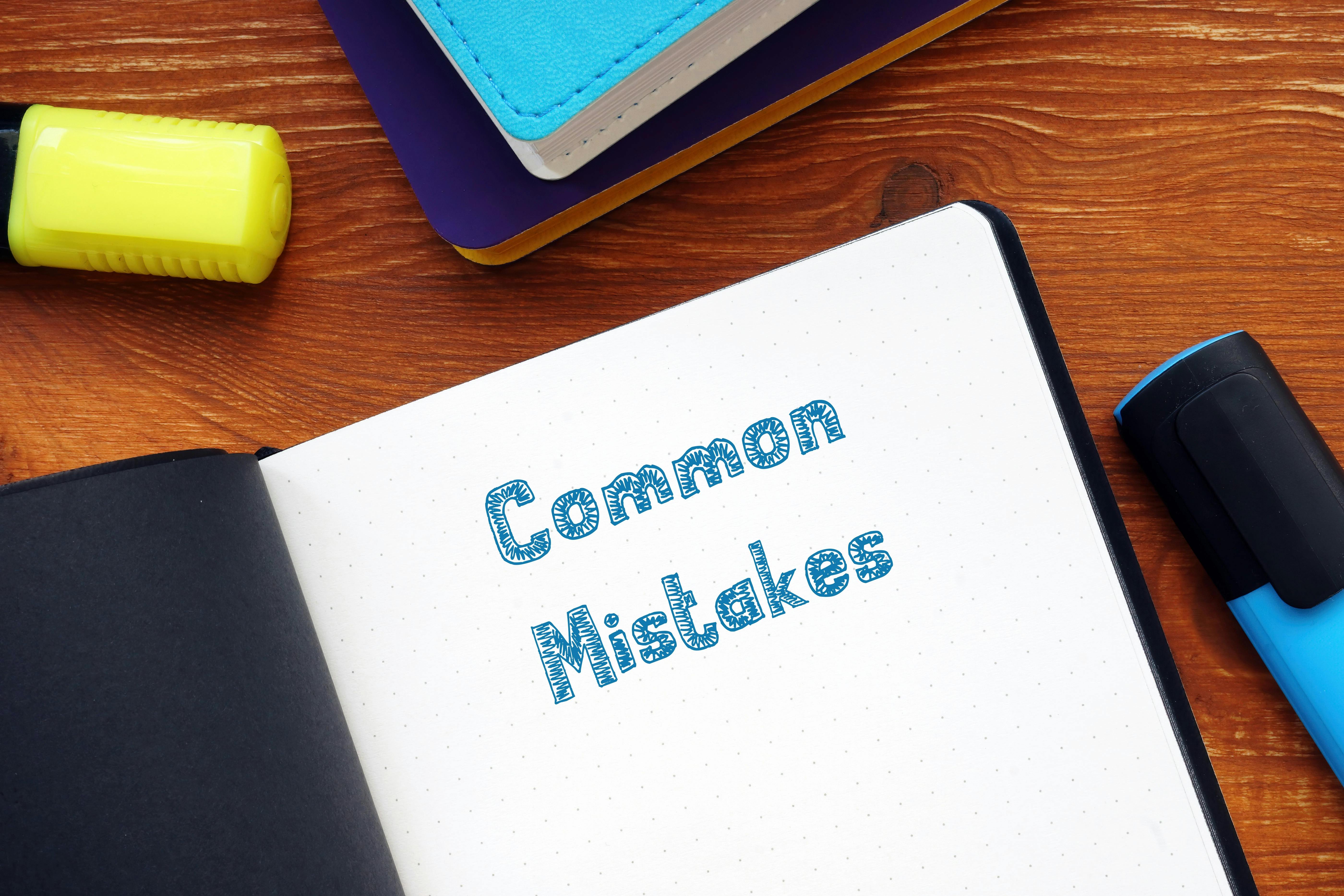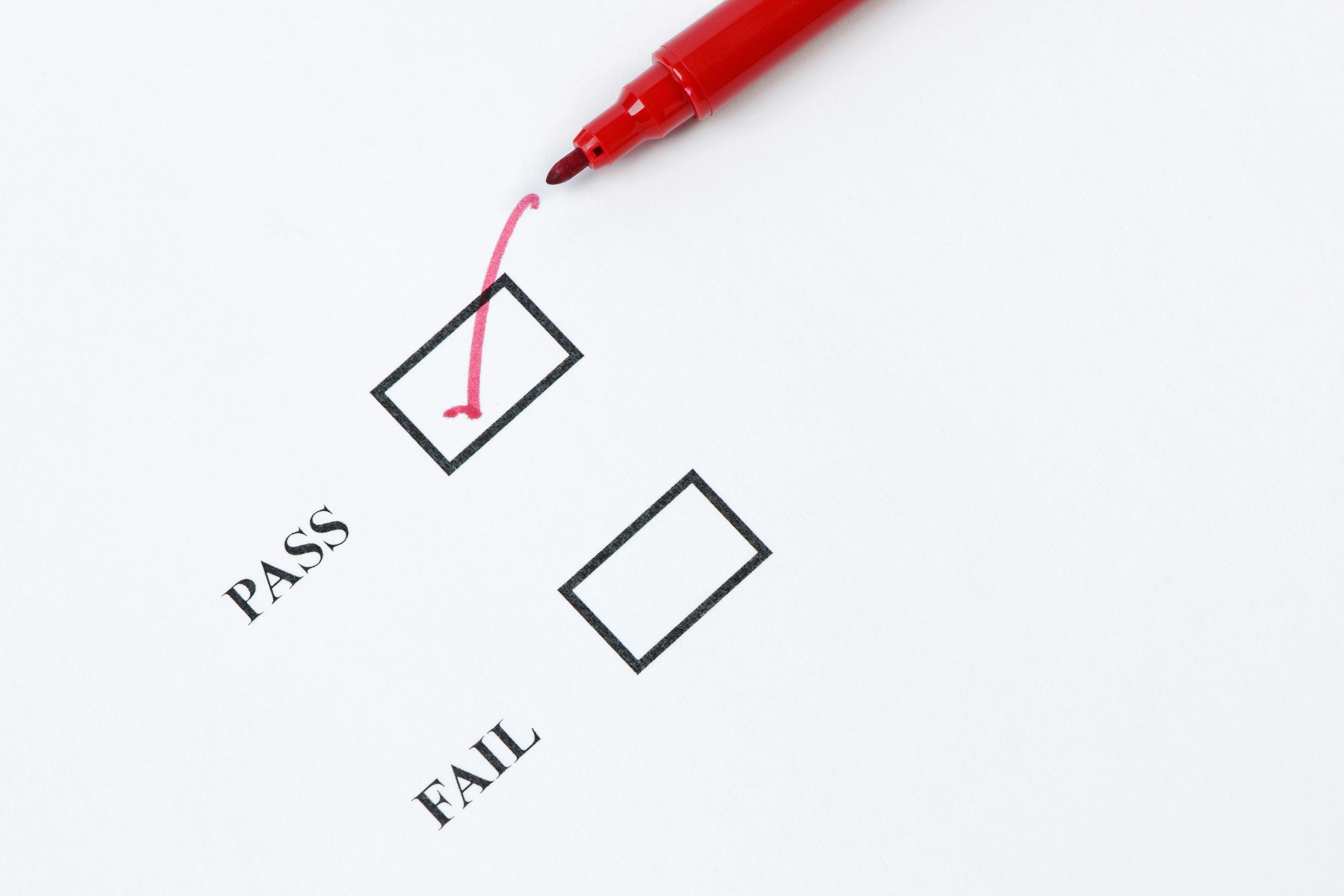The Most Common Mistakes Engineers Make When Preparing for the PE Exam—and How to Avoid Them

Preparing for the Professional Engineering (PE) license exam is a major undertaking, but many engineers fall into common traps that can derail their success. One of the biggest mistakes is underestimating the exam. Some candidates approach the PE like it’s just an extension of their work experience or assume that general knowledge will be enough. The truth is, the exam is structured, specific, and application-heavy. It demands focused study that aligns with the NCEES exam specifications or, for California candidates, the BPELSG guidelines. Skipping that initial step—thoroughly reviewing the exam format and subject breakdown—is a costly oversight.
Another frequent mistake is relying too heavily on theory-only materials. Engineers often pick up textbooks or references that explain concepts but don’t include examples or practice problems. While these resources may be helpful for background knowledge, they don’t prepare you for the problem-solving format of the exam. At Petro Publications, we’ve seen time and time again that understanding how to apply theory is just as important as knowing what the theory is. That’s why our materials are built around real-world questions and practical examples, allowing you to learn through application and reinforce your problem-solving skills as you go.
Time mismanagement is also a common issue. Many engineers begin studying too late or without a structured plan. The PE exam is not something you can cram for in a few weekends. Success requires consistent, deliberate study over several months. Without a timeline, it’s easy to overlook certain topics or rush through problem sets without real understanding. Engineers should create a detailed schedule early on, building in time for review, full-length practice exams, and reinforcement of weak areas.
Additionally, not all engineers study using materials or methods that suit their learning style. Some are more effective with structured, self-paced study through books, while others benefit from video lectures or interactive webinars. A common mistake is forcing yourself into a format that doesn’t work for you. If you prefer reading and solving problems on your own, high-quality publications that combine theory with examples are ideal. If you thrive on interaction, then vetted online courses might be a better fit. Either way, always check reviews and success stories before committing to any resource.




